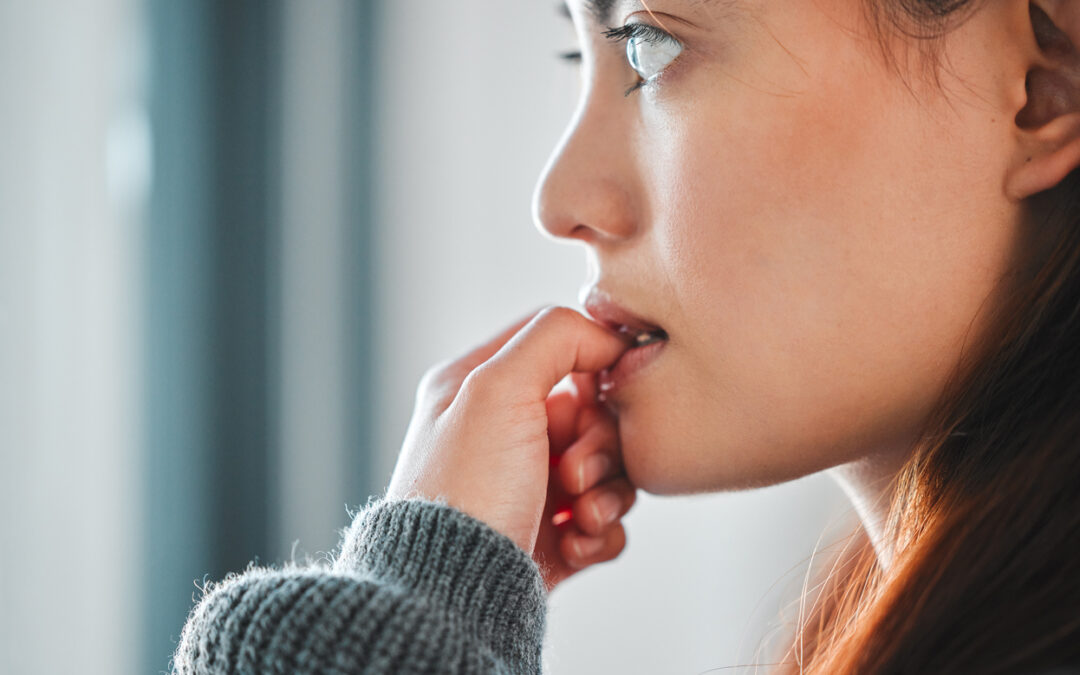Nail biting, also known as onychophagia, is a common habit that many people develop, often in response to stress or boredom. While it may seem harmless, nail biting can have both psychological implications and lead to potential nail diseases. At White Rock Dermatology, we believe in educating our patients about the impacts of such habits on their skin and nail health.
The Psychology Behind Nail Biting
Nail biting is often associated with anxiety, stress, or even mere boredom. Psychologists suggest that it may be a form of repetitive behavior, a family of behavioral disorders that also includes hair-pulling (trichotillomania) and skin-picking (excoriation disorder). It’s also seen as a self-soothing mechanism that helps some people manage their emotions or cope with challenging situations.
Nail Biting and Nail Diseases
While nail biting might provide temporary relief from stress, it can also lead to several nail diseases. Here are a few potential health consequences:
- Bacterial Infections: Our hands and under our nails are often a breeding ground for bacteria like Staphylococcus aureus. When you bite your nails, these bacteria can enter your mouth and vice versa, leading to infections.
- Fungal Infections: Chronic nail biting can also lead to fungal nail infections, which can cause your nails to become discolored, thick, and crumbly.
- Paronychia: This is a skin infection that occurs around your nails. Constant biting can damage the skin, allowing bacteria or fungi to enter and cause an infection.
- Warts: Caused by the human papillomavirus (HPV), warts can easily spread from your fingers to your mouth through nail biting.
- Nail Deformities: Chronic nail biting can lead to permanent damage to your nail bed and even cause deformities.
If you’re dealing with any of these conditions, our team at White Rock Dermatology can help. Visit our contact page to get in touch.
Breaking the Habit
Breaking the habit of nail biting can be challenging but certainly not impossible. Here are a few strategies that you can try:
- Keep your nails short: Short nails are less tempting and harder to bite.
- Use a bitter-tasting nail polish: The unpleasant taste can discourage you from biting your nails.
- Identify your triggers: If you know what causes your nail biting, you can find other ways to cope with those situations.
- Seek professional help: If nail biting has become a severe problem for you, consider seeking help from a mental health professional.
While nail biting may seem like an inconsequential habit, it can lead to serious nail diseases. At White Rock Dermatology, we’re dedicated to helping you maintain healthy nails and skin. With proper care and treatment, you can break the nail-biting habit and restore your nails’ health and appearance.
Visit our Nail Diseases page for more information on various nail conditions and their treatments. Remember, your nails are a reflection of your overall health. Take care of them, and they’ll surely shine!
Sources:


Recent Comments